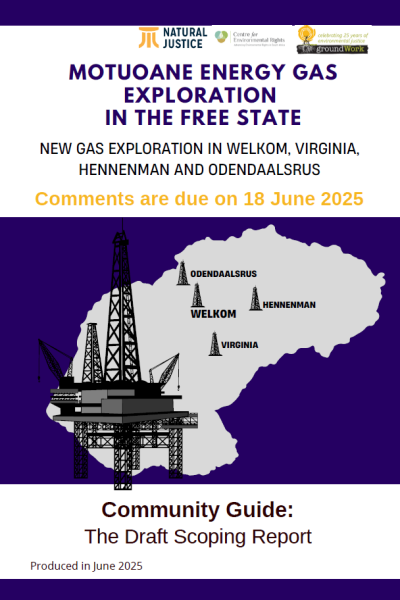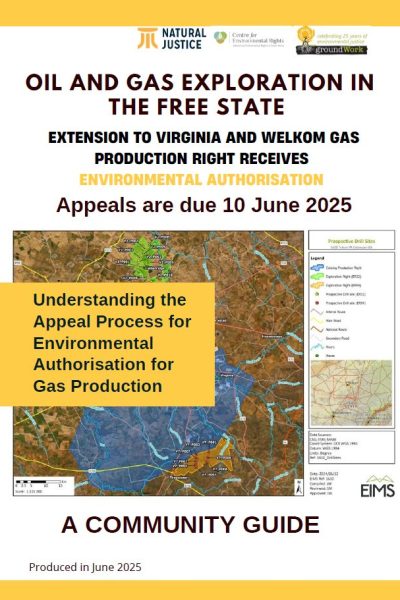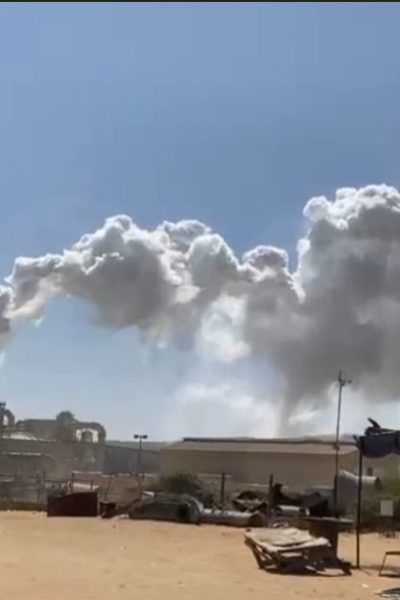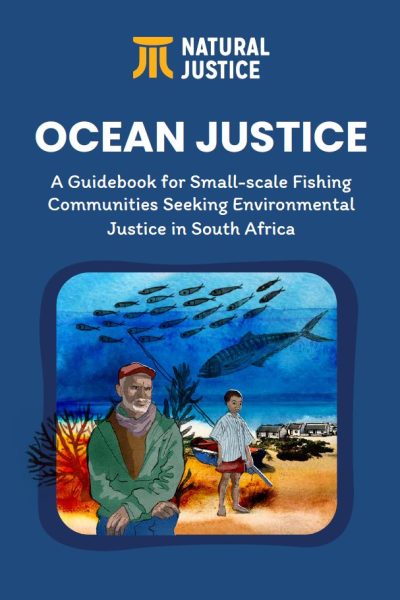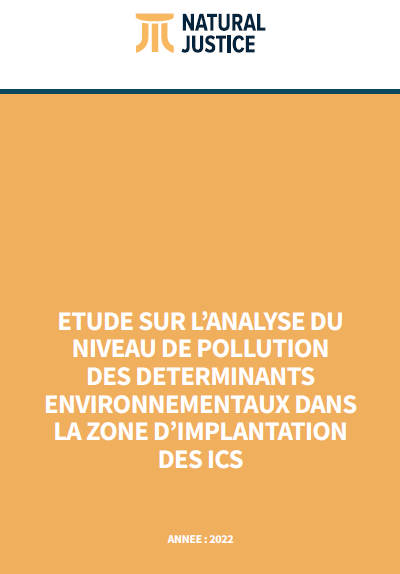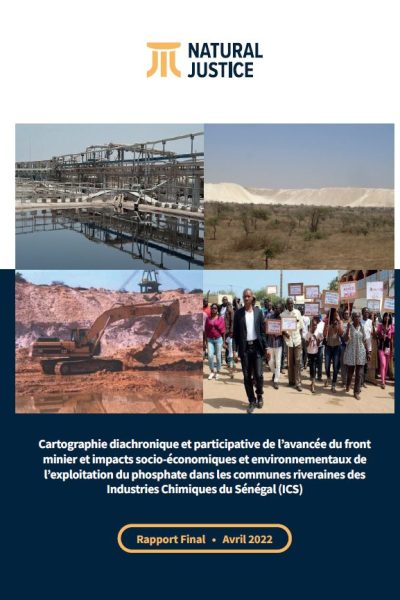Natural Justice has developed a series of summaries of significant court cases from across the world related to climate change and rights of nature. These are designed for the public, policy makers and practitioners and provide a snapshot of cases that are being brought to courts in order to advance the protection and rights of nature, including seeking ways to hold governments accountable for their international commitments to reducing carbon emissions.
Argentina Seismic testing cases
On December 30, 2021, the Ministry of Environment and Sustainable Development published Resolution 436/2021, which approved offshore seismic testing and fossil fuel exploration operations by Equinor, a Norwegian company. In response, three different emergency lawsuits were filed to try to halt the commencement of the exploration activities. The first case, brought by an NGO against the Ministry of Environment and Sustainable Development on January 7, sought habeas corpus for the protection of the Southern Right Whale and its habitats. The Federal Court dismissed the case, but the Court of Appeal said the case should be allowed to proceed if converted into a constitutional collective action. The amended claim retained its focus on the protection of the Southern Right Whale, while also introducing legal claims concerning the climate impacts of the project, including factual findings from IPCC and International Energy Agency reports, Argentina’s Nationally Determined Contribution (NDC) under the Paris Agreement, the other requirements of the Paris Agreement, and the Sustainable Development Goals.
The second case, a constitutional collective action brought by a group of NGOs against the Argentinian National State and the Ministry of Environment and Sustainable Development, focused primarily on the climate impacts of the proposed offshore exploration activities. The suit highlights the incompatibility of the project with Argentina’s national and international climate commitments, as well as the inadequacy of Argentina’s NDC to the Paris Agreement. Further, the claim states that the State is responsible for emissions arising from future fossil fuel exports and that the Environmental Impact Assessment was flawed due to its failure to consider climate impacts. Finally, the claim refers to climate cases from other countries, including Urgenda in the Netherlands, Neubauer in Germany, Sharma in Australia, Earthlife Africa Johannesburg in South Africa, Gray and Gloucester Resources in Australia, and Greenpeace Nordic in Norway.
The third case, a constitutional collective action against the Ministry of Environment and Sustainable Development by the Mayor of the City of Mar del Plata on January 13, 2022, raised issues regarding access to environmental information and rights to public participation in the decision-making process, as enshrined in the Escazú Agreement. The suit also stated that the proposed activities undermine Argentina’s international climate commitments under the UNFCCC, the Paris Agreement, and its NDC to the Paris Agreement, while arguing that Argentina’s NDC is not ambitious enough and is not accompanied by the required National Adaptation and Mitigation Plan.
On January 14, 2022, the court combined the three lawsuits.


